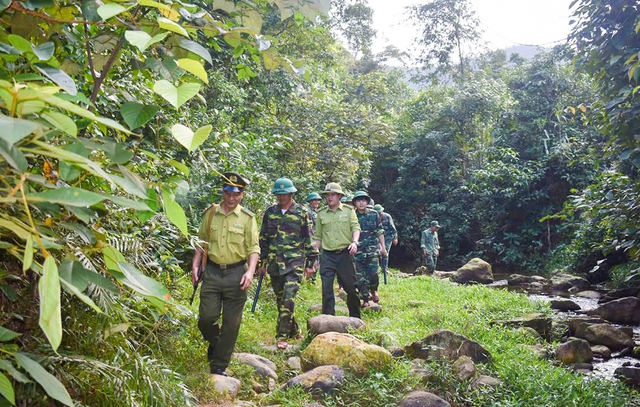Viet Nam classified as a “low-risk” country under EU deforestation law
VGP - Viet Nam has been officially classified as a “low-risk” country under the European Union’s new Anti-Deforestation Regulation (EUDR), according to a legal act published on May 22 by the European Commission.

The classification means that only 1 percent of Vietnamese businesses exporting to Europe are subject to strict inspections.
The EUDR is part of the EU's wider efforts to curb global deforestation by enforcing tighter controls on agricultural and forestry supply chains.
The regulation applies to seven key commodities, including wood, cocoa, coffee, soy, palm oil, rubber and beef, as well as derived products such as leather, chocolate and furniture.
A key difference between the groups is that EU countries will be required to carry out compliance checks covering 9 per cent of companies exporting from high-risk countries, 3 per cent from standard-risk countries and 1 per cent for low-risk countries.
According to Tran Van Cong, Viet Nam's Agricultural Counsellor to Belgium and the EU, said Viet Nam's classification as a "low risk" country is a positive result of the cooperation efforts between the two sides in recent years, particularly within the framework of the Voluntary Partnership Agreement on Forest Law Enforcement, Governance and Trade (VPA/FLEGT), as well as joint activities on environmental protection and sustainable development.
The EU law shall be effective for large companies from the end of 2025, and for small firms from June 2026./.
